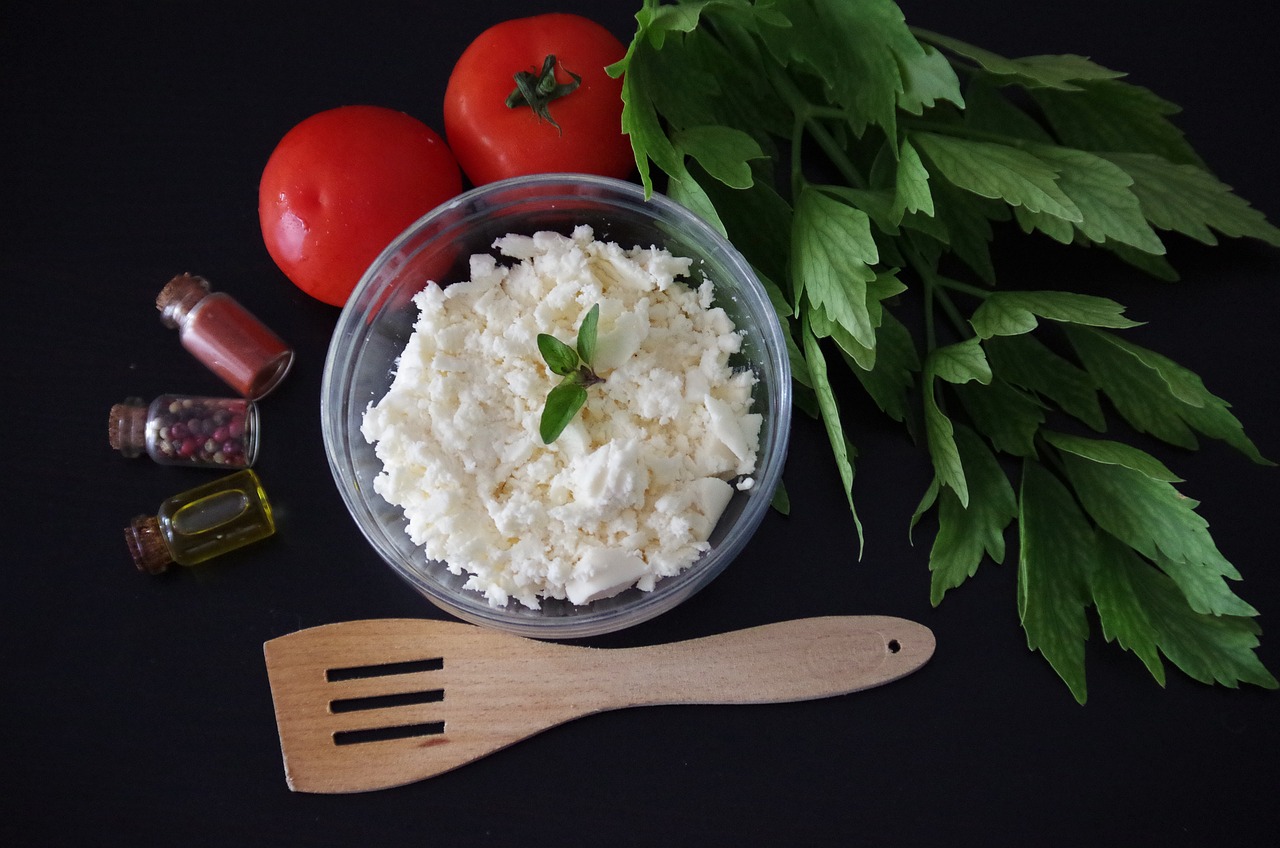Analyzing the Influence of Cultural Customs on Health and Wellness Choices
Cultural traditions play a significant role in shaping dietary habits around the world. These traditions are often deeply rooted in the history and heritage of a particular community, influencing the types of foods consumed, meal preparation techniques, and dining practices. Such traditions can vary widely from one culture to another, highlighting the diversity and richness of global culinary practices.
In many cultures, dietary habits are closely tied to social events, religious ceremonies, and familial rituals. The foods that are considered traditional often hold special significance and are seen as a way to connect with one’s cultural identity and heritage. This connection between food and culture fosters a sense of community and belonging, with meals serving as a means to strengthen bonds and express shared values within a cultural group.
Traditional Medicines and Their Role in Health Practices
Traditional medicines have been an integral part of health practices in many cultures around the world for centuries. These traditional remedies are often derived from natural sources such as herbs, plants, and minerals, and are believed to have healing properties that can treat various ailments. In some communities, traditional medicines are used alongside modern medical treatments to complement each other and provide a holistic approach to healthcare.
The role of traditional medicines in health practices is not just limited to physical ailments but also extends to mental and emotional well-being. Many cultures believe that certain traditional remedies can help balance the mind, body, and spirit, leading to overall better health outcomes. These practices often involve rituals, ceremonies, and consultations with healers or traditional medicine practitioners who have been trained in the ancient art of healing with natural remedies.
Cultural Beliefs and Attitudes Towards Mental Health
Mental health is often influenced by cultural beliefs and attitudes that dictate how individuals perceive and approach psychological well-being. In some cultures, mental health issues are stigmatized, leading to shame and reluctance to seek help. This stigma can prevent individuals from receiving the support and treatment they need, creating barriers to their overall well-being.
Conversely, some cultures have more accepting attitudes towards mental health challenges and utilize traditional practices or spiritual beliefs as part of their healing process. These cultural beliefs may integrate holistic approaches to mental well-being, recognizing the interconnectedness of mind, body, and spirit. By understanding the cultural nuances surrounding mental health, healthcare providers can better support individuals in their journey towards healing and wellness.
How do cultural traditions impact dietary habits?
Cultural traditions play a significant role in shaping dietary habits, as they often dictate what foods are considered acceptable or taboo within a particular community. This can influence the types of foods that individuals consume on a daily basis.
What role do traditional medicines play in health practices?
Traditional medicines are often deeply rooted in cultural beliefs and practices, and are used by many individuals as a form of complementary or alternative medicine. These medicines can be derived from plants, animals, or minerals, and are believed to have healing properties based on cultural knowledge and traditions.
How do cultural beliefs and attitudes impact mental health?
Cultural beliefs and attitudes towards mental health can vary widely across different communities, leading to varying levels of stigma, acceptance, and understanding of mental illness. These beliefs can influence how individuals seek help, perceive mental health disorders, and access resources for treatment.







